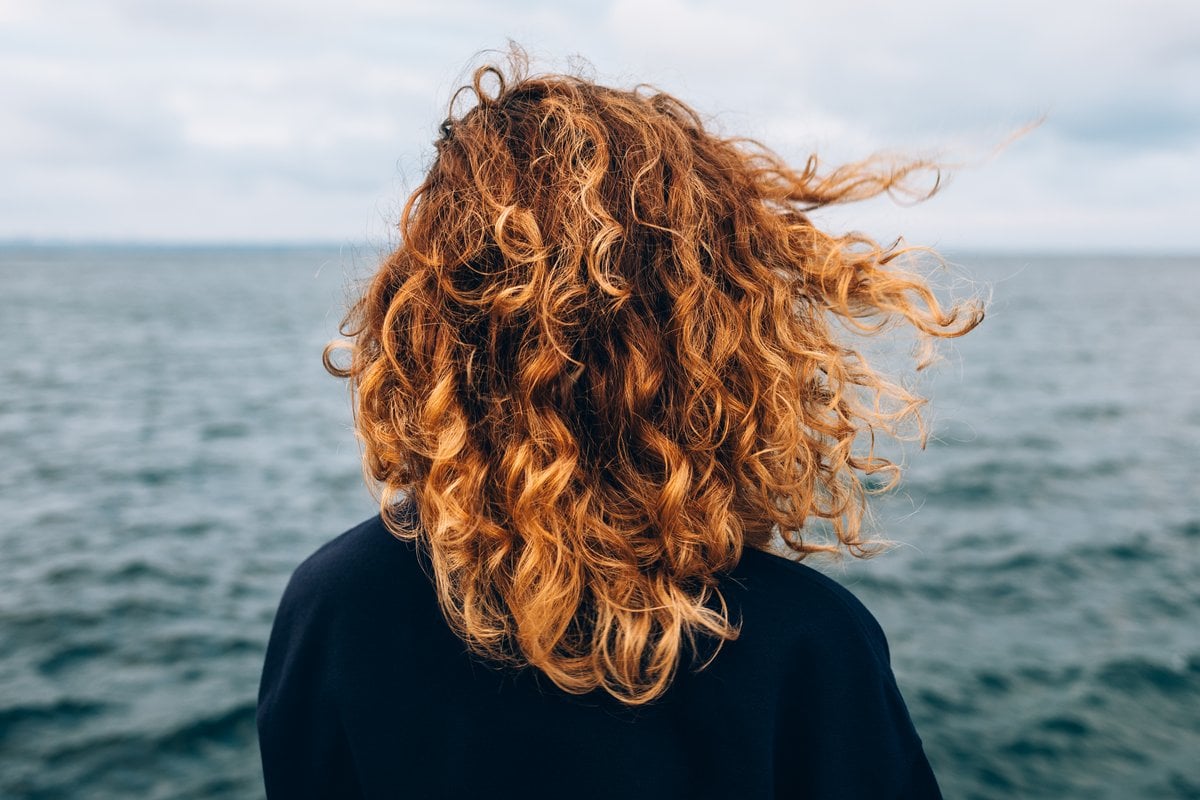
I don’t talk about my older sister much. It’s not because I’m ashamed — far from it — but mostly, I think, because I honestly don’t believe people would be interested or able to relate.
I’ve been weighing up whether or not to publicly talk about her. She wouldn’t understand the concept of blogging (or media in general — she regularly, earnestly, asks why she can’t marry all of One Direction) and wouldn’t be able to respond to anything I write.
But this week I read a wonderful article by actor Rory Kinnear about his sister Karina who recently sadly died of COVID-19, and came to realise that there isn’t enough content out there about having a family member with a complex learning disability.
Particularly not about people who also have mental illness — after all, studies suggest the rate of mental health problems in people with a learning disability is double that of the general population.
When you have a family member with a learning disability who suffers from mental health issues, you just assume no-one else is going through it. So, I thought I’d share this (perhaps too) honest depiction of how I feel, in the hope, it’ll help others who may be going through the same thing.
Watch: Vanessa Cranfield on parenting a child with a disability. Post continues below.

Top Comments